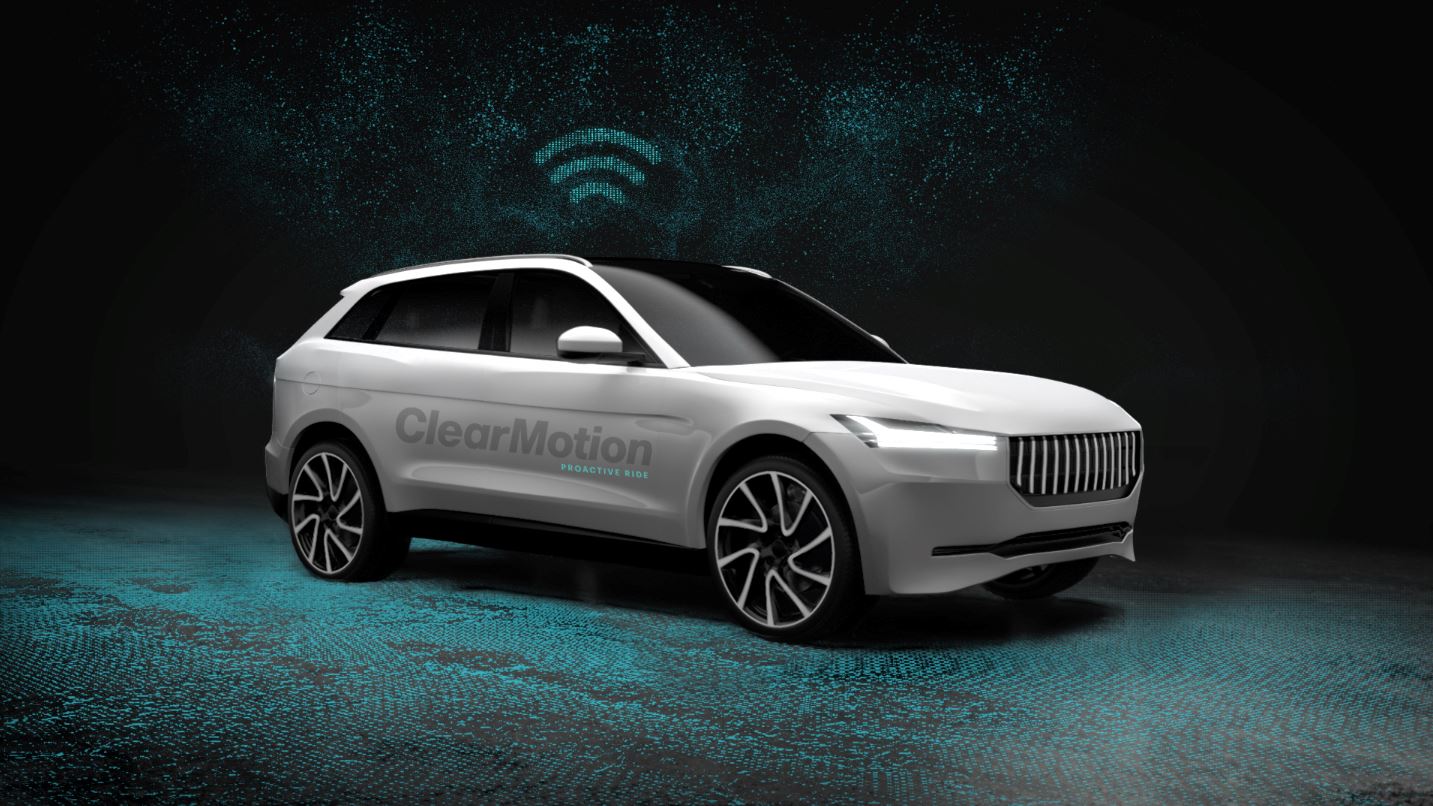
Project Overview
RoadMotion brings together four core building blocks that also underpin autonomous driving systems: road perception, SLAM, motion planning, and control. The system’s primary focus is the Z‑axis (vertical dynamics) to deliver ride quality and comfort, while also informing XY planning and control for better composure during maneuvers.
On the NIO ET9, RoadMotion demonstrates a productionizable active suspension that predicts and counters road disturbances before they reach the cabin, commanding each corner in real time.
How it works
- Road perception: estimate upcoming road inputs and usable preview
- SLAM: build/update a map of road disturbances and localize within it
- Motion planning: convert preview into ride/handling objectives over a horizon
- Control: compute corner‑level commands at millisecond timescales
Technical Contributions
SLAM for Road Surfaces
Designed SLAM components to map road disturbances and localize the vehicle within that map using available sensors and signals.
Preview‑Based Motion Planning
Developed planning logic that turns preview information into horizon‑based ride/handling objectives and feasible trajectories.
Real‑Time Control
Implemented and tuned real‑time active suspension control for corner‑level actuation with low latency.
Impact & Results
Demonstrating RoadMotion on the NIO ET9 shows how autonomy‑grade perception, SLAM, planning, and control can be applied to suspension. The result is a productionizable path to smoother ride and better composure.